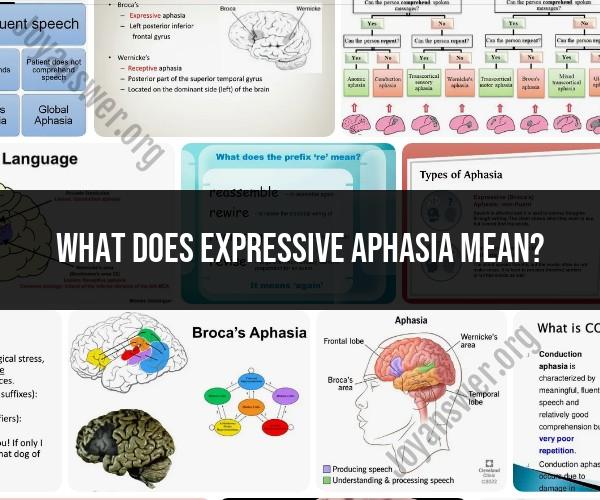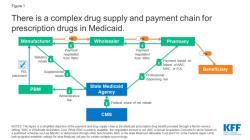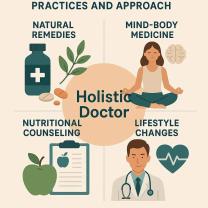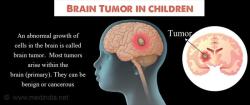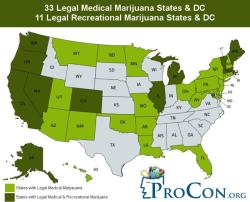What does expressive aphasia mean?
Expressive aphasia, also known as Broca's aphasia, is a type of language disorder that primarily affects a person's ability to express themselves verbally or in writing. It is typically caused by damage to specific areas of the brain, often in the frontal lobe, particularly in the left hemisphere, which is responsible for language production.
Individuals with expressive aphasia may experience difficulty with the following aspects of communication:
Difficulty Speaking: They may struggle to form sentences and speak fluently. Their speech may be slow and halting, with limited vocabulary and grammatical errors. They often find it challenging to construct complex or grammatically correct sentences.
Limited Vocabulary: People with expressive aphasia may have a reduced vocabulary and difficulty finding the right words to express their thoughts and ideas.
Omission of Words or Sounds: They might omit certain words or sounds, making their speech seem incomplete or disjointed.
Impaired Grammar: Sentence structure and grammar may be impaired, leading to issues with word order and tense usage.
Struggle with Pronunciation: Articulation problems and difficulty pronouncing words correctly are common in individuals with expressive aphasia.
Impaired Writing: Expressive aphasia can also affect a person's ability to write. Written language may be similarly affected, with difficulties in sentence structure and spelling.
It's important to note that while expressive aphasia primarily impacts language production, it does not necessarily affect a person's ability to understand language (receptive language). People with expressive aphasia often comprehend spoken or written language reasonably well but have significant challenges when attempting to convey their thoughts and ideas to others.
Expressive aphasia is typically caused by a stroke, head injury, brain tumor, or other brain-related conditions that damage the language centers in the brain. Rehabilitation, speech therapy, and other forms of therapy can be effective in helping individuals with expressive aphasia improve their communication skills and regain some of their language abilities. The extent of recovery varies from person to person and depends on the severity and location of the brain damage.
Understanding Expressive Aphasia: Definition and Causes
Expressive aphasia is a type of aphasia that affects a person's ability to produce language. People with expressive aphasia may have difficulty speaking, writing, or using sign language. They may also have difficulty finding the right words or forming sentences.
Expressive aphasia is caused by damage to the Broca's area, a part of the brain that is responsible for language production. This damage can be caused by a stroke, a traumatic brain injury, or a brain tumor.
Signs and Symptoms of Expressive Aphasia
The signs and symptoms of expressive aphasia can vary depending on the severity of the brain damage. Some common signs and symptoms include:
- Difficulty speaking
- Difficulty finding the right words
- Difficulty forming sentences
- Difficulty with grammar
- Difficulty with writing
- Difficulty with sign language
People with expressive aphasia may also have difficulty communicating non-verbally, such as with facial expressions and gestures.
Diagnosis and Assessment of Expressive Aphasia
Expressive aphasia is diagnosed by a speech-language pathologist. The speech-language pathologist will assess the person's language skills in all areas, including speaking, writing, and understanding.
The speech-language pathologist may also use a variety of tests to assess the severity of the person's aphasia and to identify any specific areas of difficulty.
Treatment and Rehabilitation for Expressive Aphasia
The treatment for expressive aphasia is speech therapy. Speech therapy can help people with expressive aphasia to improve their communication skills.
The goals of speech therapy vary depending on the individual's needs. Some common goals include:
- Improving the person's ability to produce language
- Improving the person's ability to communicate non-verbally
- Increasing the person's confidence in their communication skills
Speech therapy can be provided individually or in a group setting. The frequency and intensity of speech therapy will depend on the individual's needs.
Living with Expressive Aphasia: Coping Strategies and Support
Living with expressive aphasia can be challenging, but there are a number of things that people can do to cope and thrive.
Some helpful coping strategies include:
- Using alternative forms of communication, such as writing, drawing, or sign language
- Breaking down tasks into smaller steps
- Asking for help when needed
- Joining a support group for people with aphasia and their families
There are also a number of resources available to help people with expressive aphasia and their families. These resources include:
- The National Aphasia Association
- The American Stroke Association
- The Brain Injury Association of America
These organizations offer information, support, and advocacy for people with aphasia and their families.
Expressive aphasia can be a life-changing condition, but it is important to remember that people with expressive aphasia can still live full and meaningful lives. With the right support and treatment, people with expressive aphasia can learn to communicate effectively and live independently.
